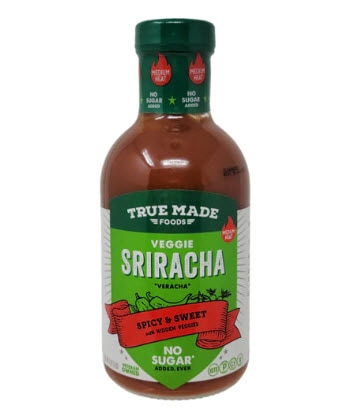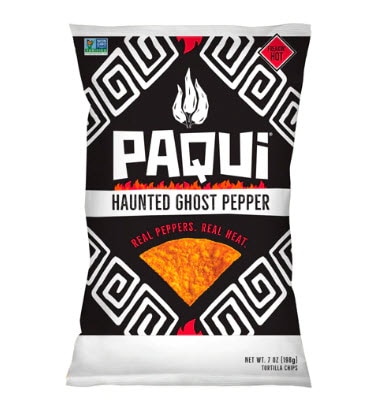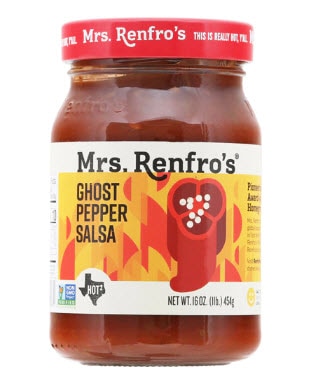Anyone who loves hot spices knows the agony they sometimes cause: Watery eyes and a runny nose, a burning tongue, nausea.
But could all of that trouble actually pay off in better health?
In recent years, multiple studies have found evidence that eating spicy foods might prolong your life. For example:
- Eating spicy foods on a daily basis gives you a 14% chance of living longer than people who each such foods less than once weekly, according to a 2015 study published in the journal BMJ.
- Those who consume chili pepper four times a week or more cut their risk of dying of heart attack by 40%, and their all-cause risk of mortality by 23%, according to a 2019 study published in the Journal of the American College of Cardiology.
Research suggests that eating spicy foods might be good for heart and lung health, and can even lower the risk of death from cancer.
Additional research has also found an association — although not necessarily causation — between eating spicy foods and:
- Lower cholesterol
- Improved stomach and gut health
- Weight loss
“There are a variety of spices that have been linked with health benefits,” says Sharon Palmer, a registered dietitian nutritionist known as “the plant-powered dietitian” and author of the book “California Vegan.”
Which spices boost health?
Many spices have phytochemicals with antioxidant and anti-inflammatory properties, which may be at the root of their health potential, Palmer says. Antioxidants help prevent damage to cells in your body.
She notes that it is “good to have a diet rich in a variety of spices.” However, research has focused on particular spices and found links between them and better health. They include:
For example, ginger may help calm nausea, and a combination of turmeric and black pepper may reduce inflammation and offer pain relief, Palmer says.
In addition, cinnamon appears to lower blood sugar levels and eating garlic may help protect your heart from developing heart disease.
Avoiding too much spice
As with all good things, common sense is the key to getting the most from spices.
Some people take spices in the form of supplements. Doing so while adding those same spices to your diet can result in ingesting large amounts of a particular spice.
“It’s important to look at safety and dosage, and discuss taking any supplements of spices under medical supervision,” Palmer says.
Generally, large amounts of spices in your diet are unlikely to pose issues, although there can be exceptions to that rule.
“Some people may have individual intolerances to spices due to potential digestion issues or sensitivities,” Palmer says. “So, it’s important to consider this and keep in mind individual preferences and tolerances.”
Also, some spices have been found to be contaminated or adulterated. “It’s important to purchase spices from a trusted manufacturer who does safety testing,” Palmer says.
Getting more spice into your diet
If you have no intolerance issues and you purchase spices from trusted manufacturers, Palmer’s advice is simple: “Use spices liberally in all of your meals,” she says. “Don’t be stingy.”
Palmer says incorporating more spices into your diet will “add zest, vibrance and health” to your meals. She recommends the following:
- Robust spices. These include spices such as ginger and garlic, and they can be added to almost any dish. “Even smoothies love some fresh ginger,” Palmer says.
- Sweet spices. These include spices such as cinnamon, nutmeg, allspice, cloves and cardamom. Add them to cereals, coffee and baked goods.
- Savory spices. These include paprika, cumin, turmeric, mustard and coriander. Add them to stews, curries, soups, stir-fries, side dishes and salads.
- Hot spices. These include black pepper, chipotle and chili pepper. Add them to tacos, burritos, beans, curries, soup and chili.
Palmer also notes that curries can be excellent choices, as they may have “spoonfuls of multiple spices.”
As you experiment with spices, start small, Palmer says. Then, add more if your flavor preferences change and you find that you want a more vibrant taste.
“You can find that you don’t need as much salt when you boost spices,” she says.
†These statements have not been approved by the Food and Drug Administration. These products are not intended to diagnose, treat, cure or prevent disease.




